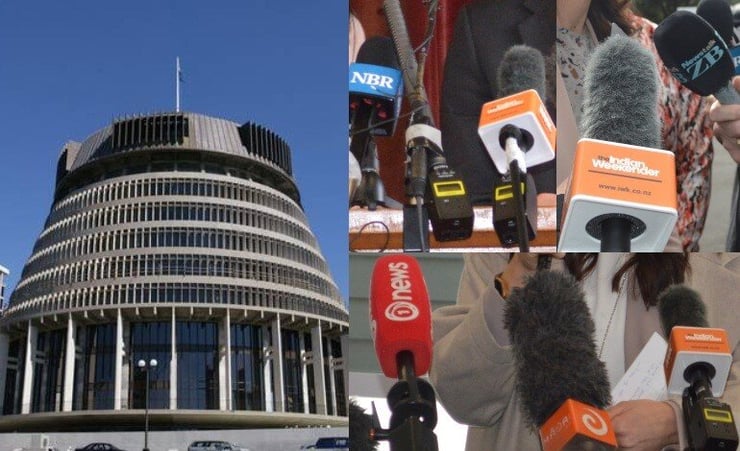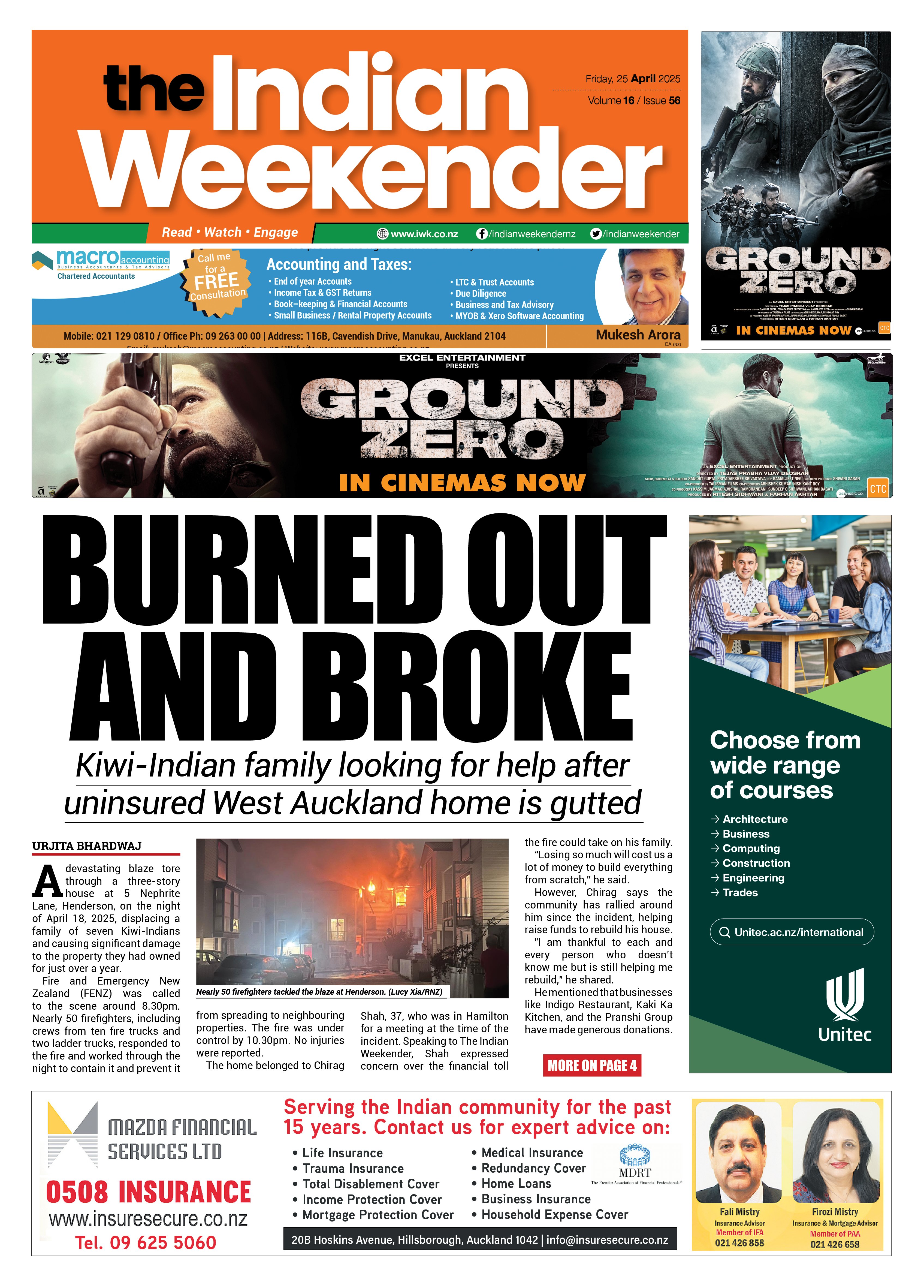Politicians’ personal attacks on journalists, sign of fearless journalism

It’s generally good to see that politicians are unhappy with the media. It suggests that the media are doing their job of holding the powerful to account. When journalists are actually scrutinising the actions and policies of political parties, it does tend to make those politicians unhappy.
In contrast, if MPs aren’t unhappy with journalists, it can suggest that those journalists have become too supine in covering politics – they are simply repeating the spin lines of politicians without any real attempt to help the audience understand what is really going on. So, it should be seen as a “badge of honour” for a journalist whenever they are criticised by a politician. If you’re not being criticised, then perhaps you’re not doing your job well enough!
So, it is an unhealthy situation when journalists and politicians get along too well, and they are happy with each other. Democracy requires that the media is fearless in analysis and reporting on those who have power in New Zealand.
Therefore, it is actually pleasing to see Labour MP Priyanca Radhakrishnan criticising The Indian Weekender’s coverage of the Government’s new rules on parent visas. It suggests that the newspaper is doing a good job for its audience.
There is also nothing wrong, per se, with politicians criticising journalists and the media if they feel that there is something wrong. And there are no rules about what politicians can and can’t do in their interactions with the New Zealand media. They should be free to issue their own evaluations of the quality of work of journalists (or political commentators).
But politicians should take great care in doing so. The media play a crucial role in making democracy work. And the media at the moment is in a fragile state. As we’re seeing with the demise of so many media outlets – especially TV3 – journalism is in peril. Instead, the politicians are getting stronger, as is the industry of public relations. There is a growing imbalance between the powers of those in authority and those that are serving the public by keeping a check on that power.
And there is a growing populist style of politicians to blame everything on the media. Journalists can be easy targets for hate. Around the world, a new style of politician – most obvious in Donald Trump who seeks to discredit those that hold him to account. He has played a seriously undemocratic role in undermining the institution of the media. Here in New Zealand, it would also be wrong for any politician to try to whip out hate in a way that jeopardised the important role and jobs of any particular journalist or media outlet.
Politicians are also free to choose not to engage with any particular media outlet or journalist. There can be no law that obliges a politician to give interviews with anyone.
Yet the threats from Priyanca Radhakrishnan appear to cross a line. Although she is entitled to express her unhappiness with what she sees as the quality of the reporting, she then goes on to suggest that she may in the future refuse to cooperate with the whole Indian Weekender newspaper.

This is somewhat chilling. It is Radhakrishnan’s right to criticise The Indian Weekender, but it is clear that she has made these comments out of a sense that she is wanting to punish the newspaper and force it to give her more favourable coverage. That is the type of threat and leverage that politicians should be very disinclined to make.
In the end, readers of The Indian Weekender will make up their own minds about whether the newspaper is right to give Radhakrishnan and the other Kiwi-Indian MPs a hard time over the new rules on parent visas. I suspect that the topic is one of such importance to readers that would expect the journalist to be strongly scrutinising the policies and communications of the parties and MPs on this issue.
It is likely that Radhakrishnan will come to regret making the threats against The Indian Weekender because readers – her own constituency – will see those words as bullying and unbecoming of a representative for their communities. Ultimately it will be counter-productive for her.
Newspapers such as the Indian Weekender play a vital role in democracy, especially for ethnic communities that are not well catered for by the mainstream media. So, threats against them by MPs should be taken seriously. And it should be seen as a warning for other media, when politicians feel so comfortable in throwing around such threats. Although Radhakrishnan’s remarks were probably not well thought out and although she probably didn’t realise that she was being so chilling in her threats, she should be very careful before making any similar statements about the media which helps democracy function.
Dr Bryce Edwards is Senior Associate at the Institute for Governance and Policy Studies, Victoria University of Wellington, and a regular media commentator at NZ Herald and several mainstream media organisations.




